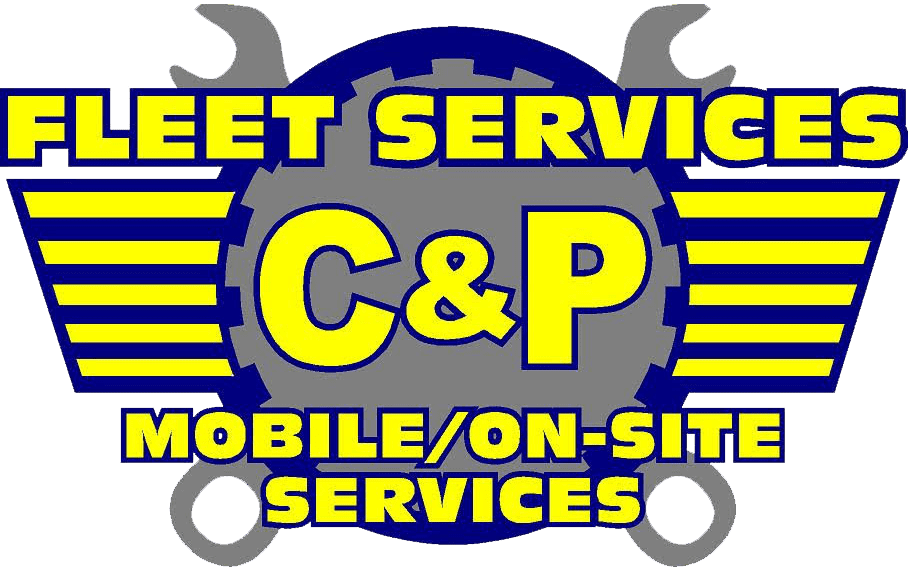Fleet Maintenance- Everything you need to know & do!

Fleet Maintenance is integral to having an effective and efficient fleet operation…..but the real question is why?
What exactly is Fleet Maintenance? Well… it’s Preventative Maintenance… Boom ![]()
Fleet maintenance refers to the steps taken to ensure your vehicles are fit for use and operating in a good condition. As your fleet vehicles are one of your fleet’s top investments, it’s important that each vehicle is safe, reliable and can stay on the road for the optimum amount of time. Put simply, vehicle maintenance is integral to managing a productive business, and without such an approach, you put your business- and all associated assets- at risk. I know this can seem daunting but we got you covered.
For those of you reading that currently do not have a plan and are considering implementing one OR you are looking for guidance, here are the things you need to consider….
![]() The Importance Of Effective Fleet Maintenance Scheduling
The Importance Of Effective Fleet Maintenance Scheduling
![]()
![]()
![]()
![]()
![]()
![]()
![]()
![]()
Reports indicate that the average cost of operating a truck has increased by 6% since 2017 to $1.69 per mile, but having an effective fleet maintenance program can help offset some of these costs. You know the saying…bigger bang for your buck…Boom ![]()
![]()
![]()
![]()
Although the benefits of fleet maintenance are numerous, effectiveness requires careful planning and implementation of programs and practices. I created a short yet effective road map for you. This will help turn your head down on the desk stress to dancing down the hallways because you got this!
Here are 3 SIMPLE BUT MAJOR things to consider:
![]()
![]()
![]()
![]()
Regular maintenance is essential to maintain a fully operational fleet. A good place to start with maintenance planning is with the service schedule provided by the vehicle’s manufacturer. It’s also important to keep in mind the operational needs of your fleet. Routine maintenance based on mileage or other measures, such as engine hours or fuel use, can help improve overall vehicle efficiency and reduce costs.
Regular maintenance can also help detect small problems before they become much bigger, more costly concerns. Adhering to maintenance schedules means that vehicles remain in a prime working condition over longer periods of time. This is especially true if you ever want/need to resell the vehicle. The more you maintain, the more you receive back from your investment.
![]()
![]()
![]()
![]()
During yard checks, at fuel islands or in specially designated lanes, inspections are the quickest way to find potential vehicle problems within your fleet. It’s important that drivers play their part in recognizing and reporting problems to your fleet maintenance service provider. Waiting for a problem to arise is never a good solution. Preventing the problem is the key ingredient to managing a good fleet hence why preventative maintenance should be incorporated into a daily routine that involves your drivers. This also holds your drivers accountable and allowing them to be a part of the solution.
Training your drivers on how to correctly conduct pre and post-trip inspections not only satisfies regulatory requirements, but also eliminates more costly problems. A system then needs to be in place to communicate these concerns to your technicians you work with. Many providers offer a service called “Roll-Out” services which puts an outsourced technician at your yard in the morning before your drivers and their vehicles leave. This service is highly recommended for companies with fleet vehicles of 10 or more.
![]()
![]()
![]()
![]()
Outsourcing your fleet maintenance is highly recommended. With outsourcing these needs, this takes the pressure off of your organization and allows you to focus on your own retention. Technicians who are appropriately trained to effectively and efficiently perform preventative maintenance tasks and make the necessary repairs for your organization are the way to go. Allow them to work for you, not the other way around. They already understand the importance of preventative maintenance procedures and will guide your best practices.
Outsourced providers already have training programs that are readily available from vehicle and equipment suppliers that cover basic procedures as well as new technologies, vehicles and other assets in your operation. In all cases, they can yield significant long-term benefits and the best part of it…you don’t spend a dime for this. This is all provided by the qualified service providers that you outsource. Again, they are working for you, not the other way around…. Fleet Maintenance Service providers that have readily available training opportunities for their technicians often proves a competitive advantage when it comes to attracting the most skilled workforce within the industry which is definitely a good thing for your company.
Bottom line, these three major considerations for Fleet Managers are crucial to operating a successful fleet. Most Fleet Managers do use these best practices, but often times, they are seldom followed-through on. We know that time is money so in order to be successful, you have to practice strategic preventative maintenance no matter how minor the problem may seem. It goes without saying that although it appears to be minor, that minor problem can lead to something major which will cause unwanted downtime.
So to sum this up, say it with me….Prevention is the cure… Boom![]()
![]()
![]()
![]()
Check us out on Facebook, Twitter, Linkedin, and Instagram to stay up to date on industry trends and news!


![]()
![]()
![]()
![]()
Owner/President, C&P Fleet Services


